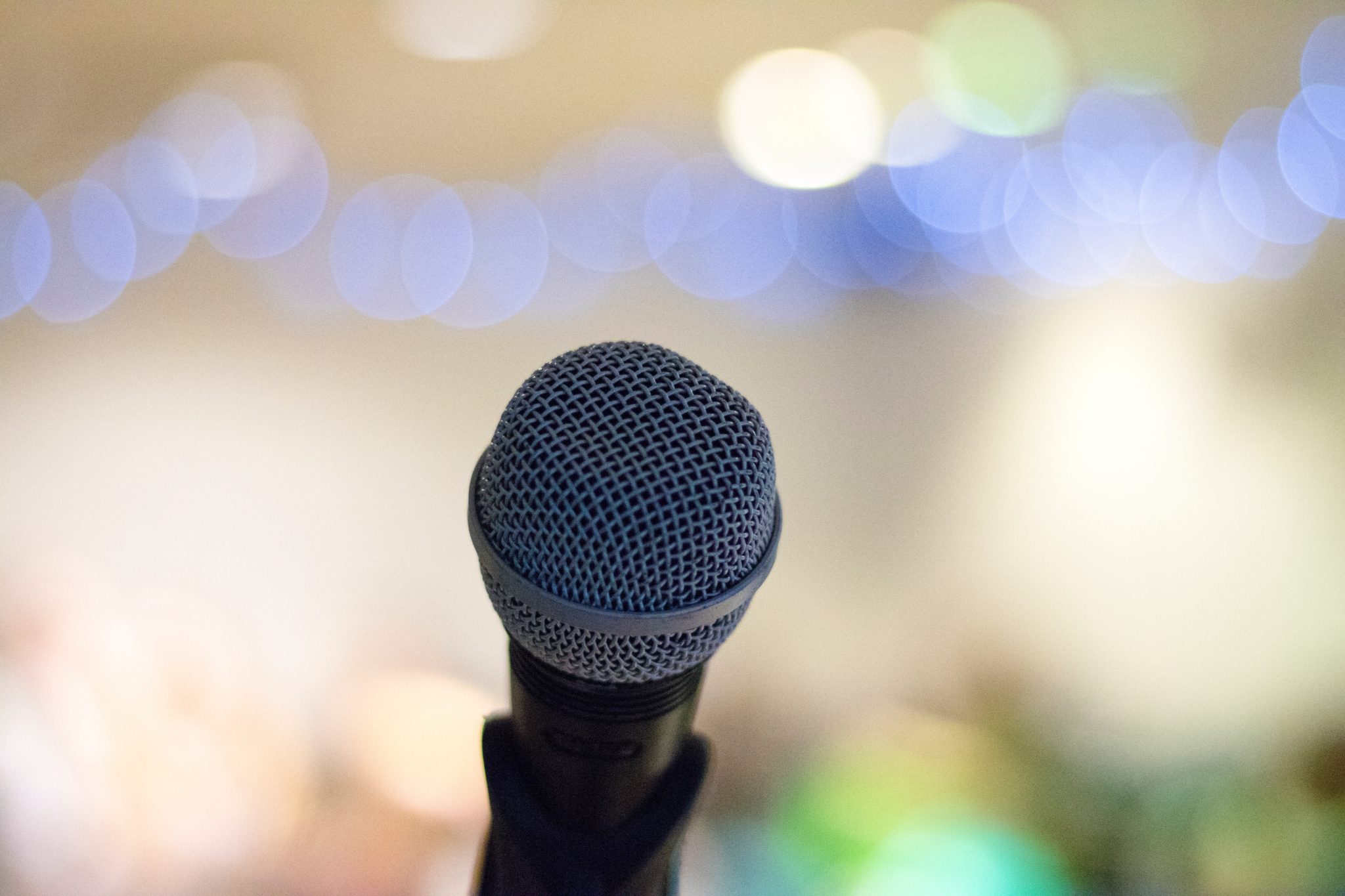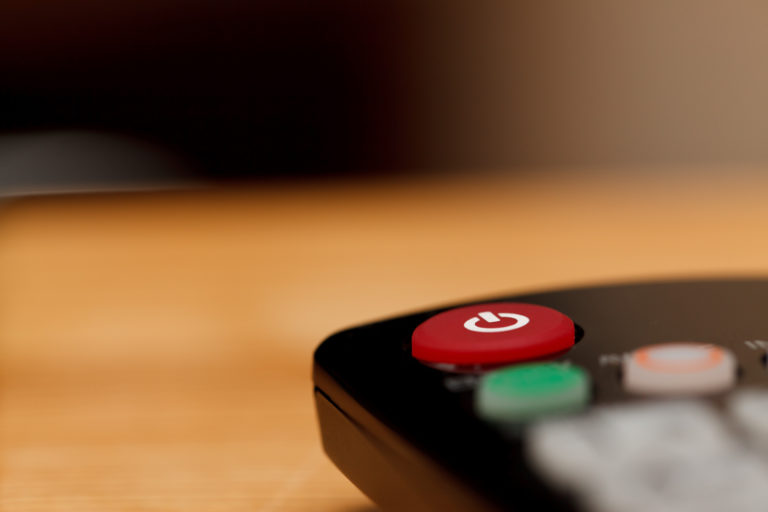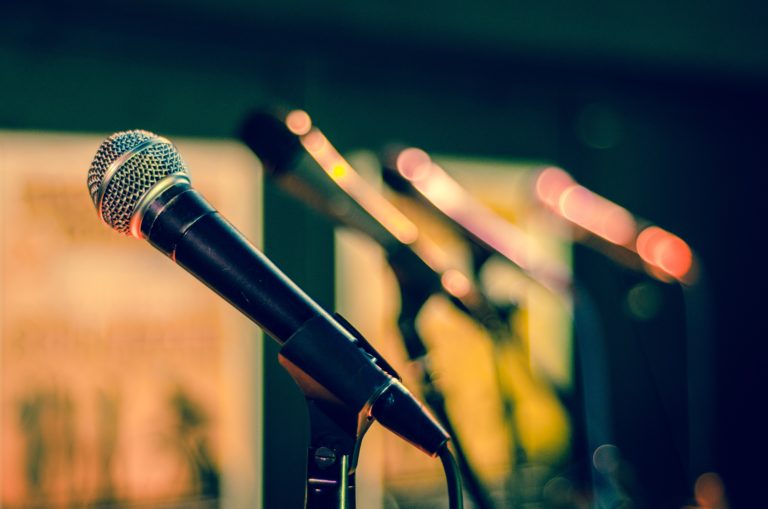Ahead of the first Democratic debates of the 2020 presidential race, the Democratic National…
Demanding Women of Color as Presidential Debate Moderators

Today’s Democratic Party voters are more diverse than ever before, and this year’s Democratic Presidential primaries feature the most diverse group of candidates in modern history: but until ABC News announced that Linsey Davis would be a moderator at the upcoming September presidential primary debate in Houston, there has been a clear representation problem when it comes to who sits at the debate moderators’ table – women of color, Black women, and Indigenous women have been excluded.
Earlier this Summer, UltraViolet Action led a coalition of organizations in an effort to convince media outlets like NBC to ensure that at least 50% of debate and town hall moderators were women and people of color. In May, shortly after informing the DNC about UltraViolet Action’s #AskForWomen Pledge, which had secured the support of a number of prominent 2020 Democratic Presidential candidates including Elizabeth Warren, Bernie Sanders, Kirsten Gillibrand, and Corey Booker, the Democratic National Committee announced that it will require female moderators at every 2020 presidential debate.
While the Democratic National Committee made a commitment to having a woman moderate every debate, this hasn’t resulted in representation for women of color. The first Democratic Presidential primary debate in Miami featured five moderators from NBC: two men of color, two white women, and one white man. The second Democratic Presidential primary debate in Detroit had three moderators from CNN, including one white woman, one black man, and one white man.
For those watching at home who are looking for diversity in these debates: that’s three white women, two white men, and three people of color – all men. ABC News’ panel will make it three white women, four white men, four men of color, and one woman of color.
This is a great first step, but the lack of women of color – Black women, Latinx women, Indigenous Women, Asian women – at the table means Democratic primary voters aren’t being served and that makes the party weaker. Women of color moderating debates shouldn’t be a historic first in 2019.
Moderators are important. They hold a lot of power over how the debates unfold: They determine what questions are asked, which issues are centered, and which candidates get the most air time. Not having women of color on stage means important issues to Black and Brown voters often go unasked, like ending the Hyde Amendment, addressing sexual violence, combating police violence against Black and Brown women, addressing maternal mortality rates among women of color and their plans to end the pay gap for women in all sectors of our economy.
Networks have a responsibility to ensure these important debates are inclusive, relevant, and representative of the American people. It’s ridiculous that we’re only just seeing a woman of color with a seat at the moderators’ table. The DNC has a particular incentive to make this happen: women of color decide elections.
That’s why we teamed up with Higher Heights, the National Women’s Law Center and United State of Women to demand that future Presidential primary debates include women of color as moderators. Tens of thousands of people have joined us in calling for this critical change.
ABC News and their partner, Univision, have taken a good first step. By including Linsey Davis at the moderators table – they ensure that conversations reflect the electorate at large, making sure the voices of Black and Brown women are present and the policies that matter to Black and Brown women are centered. The DNC’s efforts to make this happen is also cause for celebration.
We’ve seen that progress is possible. ABC News’ announcement is welcome news that we urge other networks to follow. It is critical that the issues that matter the most to Black and Brown women, an important part of the Democratic electorate, are included in the debate and at the moderator’s table. Only women of color are capable of holding candidates accountable for speaking to these issues in a direct way and it is long past time that we had these voices front and center.






